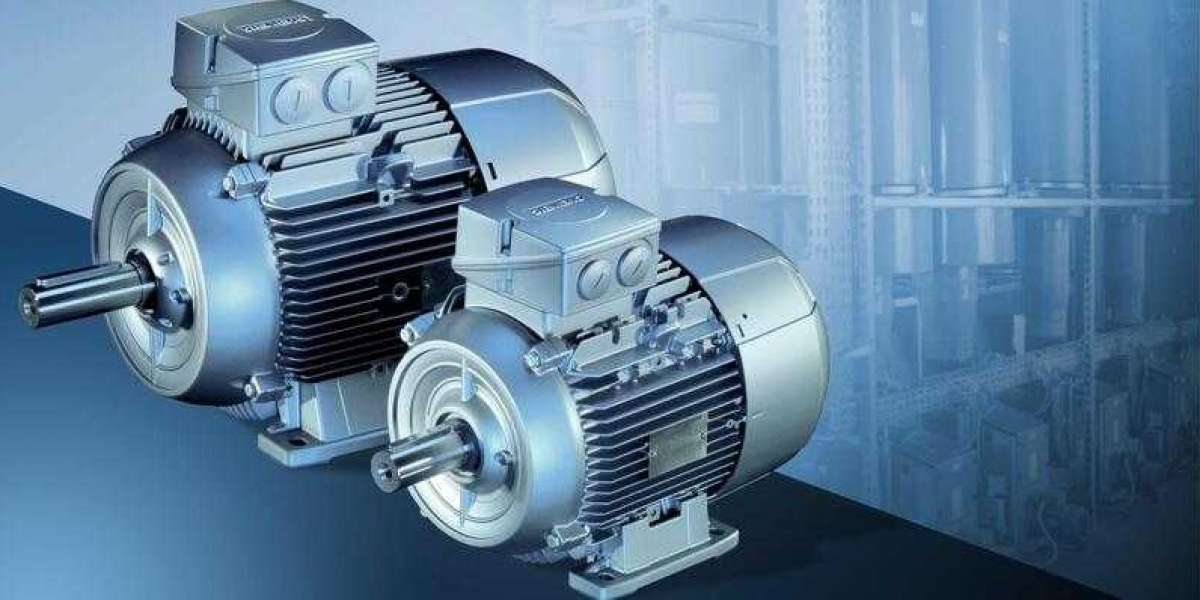Electric motors are the unsung heroes of modern technology. From household appliances to industrial machinery, from electric cars to fans and pumps, these devices quietly transform electrical energy into mechanical motion. Without them, our world would look very different. But what exactly are electric motors, how do they work, and why are they so important today?
What is an Electric Motor?
At its core, an electric motor is a device that converts electrical energy into mechanical energy. This is usually achieved through the interaction between a magnetic field and current-carrying conductors. When electricity flows through the motor’s coils, it creates a magnetic field that interacts with permanent magnets or electromagnets. This interaction produces force, which causes the motor’s rotor to spin, generating motion.
Types of Electric Motors
There are many different types of electric motors, each designed for specific applications. Some of the most common include:
DC Motors: These run on direct current and are often used in small applications like toys, tools, and automotive systems. They are valued for their simplicity and controllability.
AC Motors: Operating on alternating current, AC motors are widely used in industries and households. Induction motors and synchronous motors are two popular subtypes.
Brushless Motors: Known for their efficiency and durability, brushless motors are increasingly popular in drones, electric vehicles, and high-performance appliances.
Each motor type has advantages depending on factors such as power requirements, efficiency, and cost.
Everyday Applications
Electric motors are everywhere. They power the blender in your kitchen, the washing machine in your laundry room, and the cooling fans in your computer. In transportation, electric motors drive everything from trains to electric scooters. Industries rely heavily on motors to run conveyor belts, pumps, compressors, and robotics. Even renewable energy systems, such as wind turbines and solar tracking systems, depend on motors to function efficiently.
Why Electric Motors Matter
The importance of electric motors goes beyond convenience. They play a major role in shaping the future of energy and sustainability. Electric motors are significantly more efficient than internal combustion engines, which makes them central to the transition toward electric vehicles. Additionally, advances in motor technology are reducing energy consumption in industrial settings, helping businesses cut costs and reduce their carbon footprint.
Innovations and the Future
The future of electric motors looks promising, driven by the demand for greener and smarter solutions. Research is focused on creating motors that are lighter, more compact, and more energy-efficient. Innovations like permanent magnet motors and solid-state motor controllers are paving the way for breakthroughs in efficiency and performance. Furthermore, integration with artificial intelligence and smart grids could allow motors to adapt their performance in real time, maximizing energy savings.
Conclusion
Electric motors may not always get the spotlight, but they are the backbone of modern life. As technology evolves, they will continue to play a vital role in industries, homes, and transportation. Their contribution to energy efficiency and sustainability ensures that they are not just motors of machines but also motors of progress.








